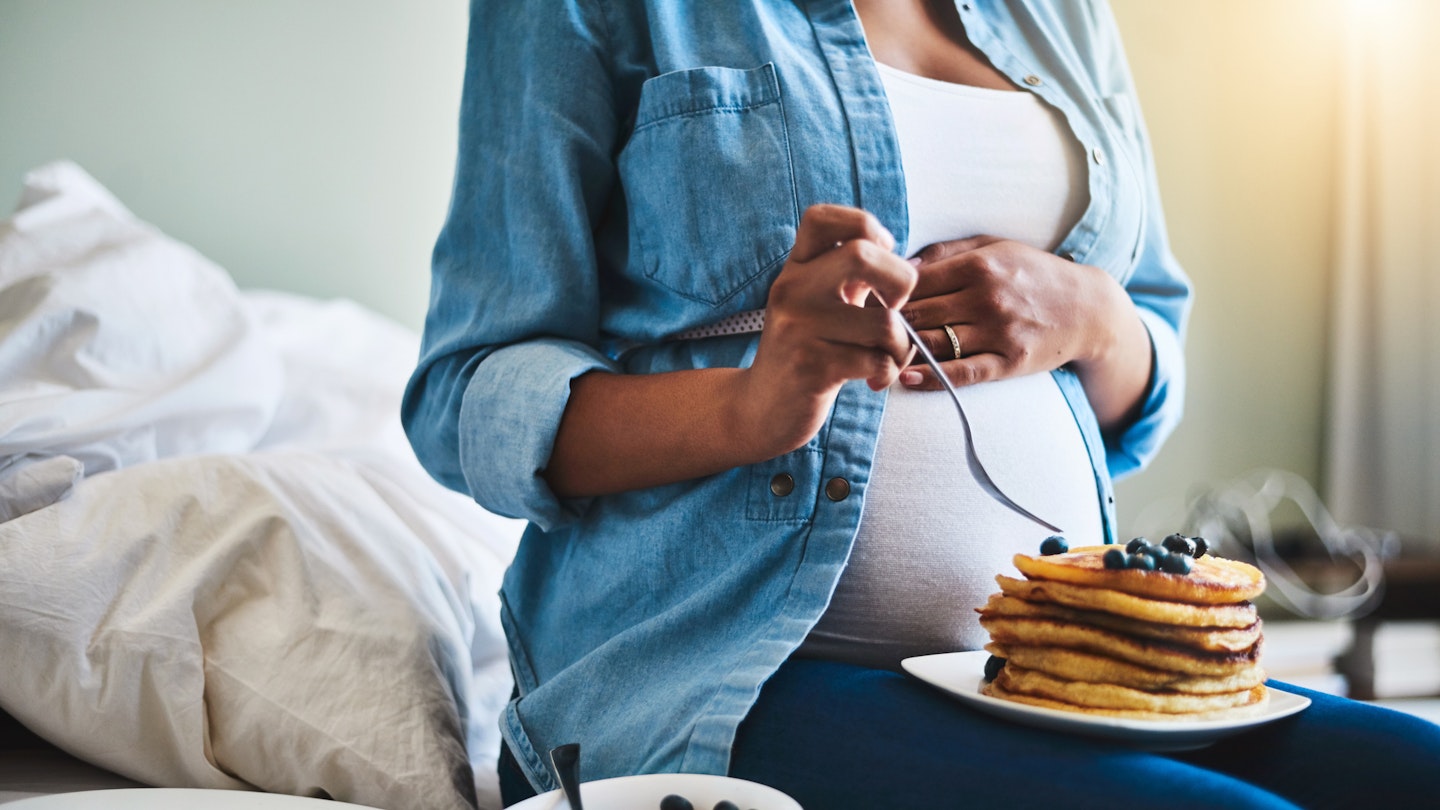There are plenty of breakfast ideas for pregnancy to enjoy. In the early days, something quick and simple to prepare is ideal – but that doesn’t mean it can’t taste delicious, too. A balanced breakfast, complete with vitamins, minerals and nutrients, builds cells for your baby and helps to set you up for the day ahead, which can be a lifesaver when you’re suffering from morning sickness or feeling exhausted.
So, to help you with those unique breakfast ideas, for your first trimester of pregnancy, London Wellness Coach, and nutritional therapist, Lauren Johnson Reynolds, has shared the best ones for you.
These breakfast ideas for pregnancy are aimed at women who were a healthy weight before pregnancy. If you were underweight or overweight pre-pregnancy, it's a good idea to speak to your midwife or GP about how much you should be eating in your pregnancy.
What makes a healthy breakfast during pregnancy?
A balanced, nutritious and healthy breakfast in pregnancy should be made up of foods from three important food groups.
Protein
• Eggs
• Nuts and seeds
• Yoghurt
• Baked beans
• Milk (or plant based alternatives)
Fruit or vegetables
• Bananas
• Berries including blueberries, raspberries, blackberries and strawberries
• Avocado
• Oranges
• Apples
• Kiwis
• Tomatoes
• Mushrooms
• Spinach
Fibre-rich carbohydrates
• Porridge oats
• Wholegrain bread
• High fibre cereal (just check that the sugar content isn't too high)
To keep things simple, you might want to select a few of the above each morning to have for breakfast. Alternatively, here are some tasty pregnancy breakfast ideas you might like to try.
Breakfast ideas for your first trimester of pregnancy
Eggs on sourdough toast with avocado and rocket - protein and fat rich, complex carbs and bitter food to aid digestion - will keep blood sugar balanced, support digestion to avoid heartburn and reflux - hopefully reducing morning sickness.
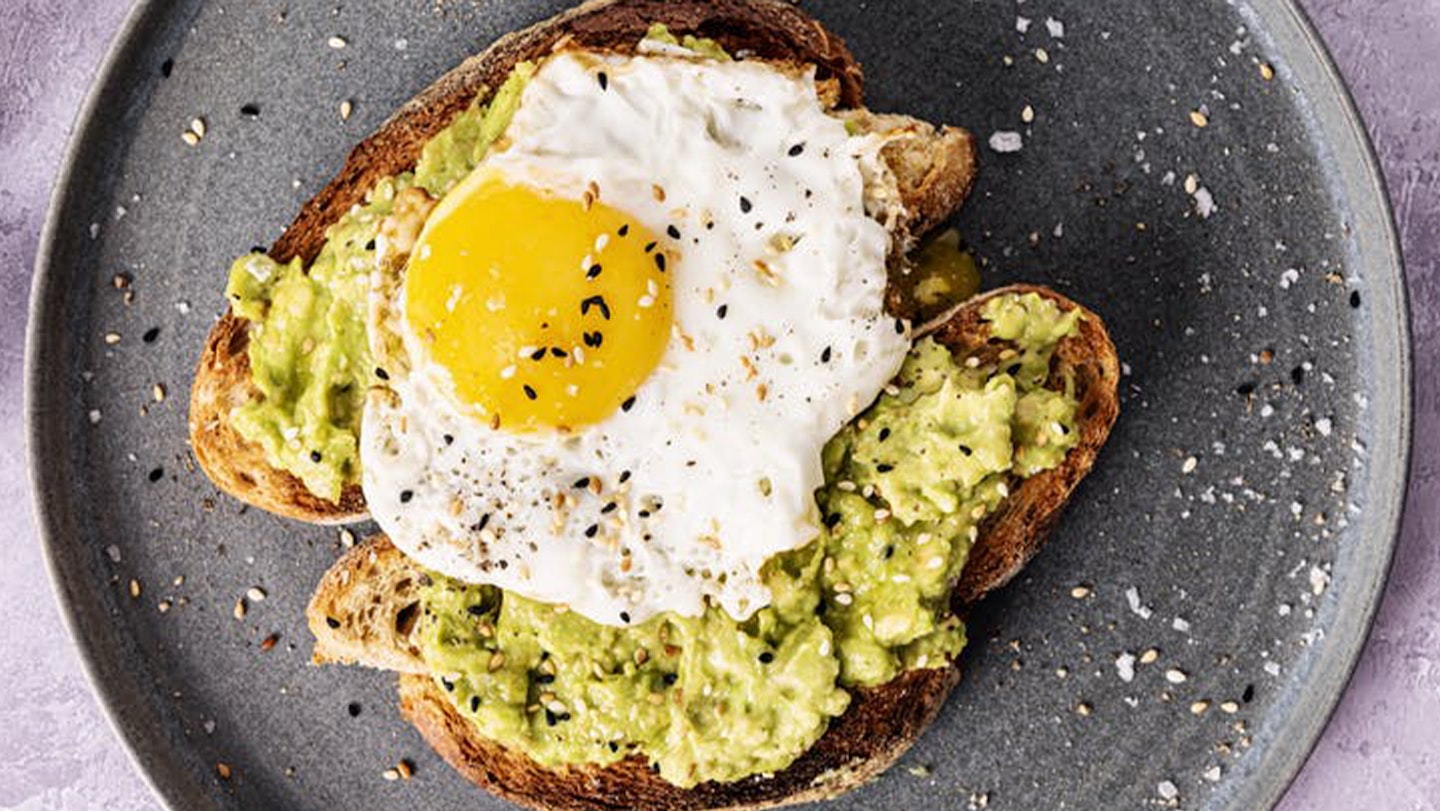
Chia seed pudding, is great source of omega 3 which reduces inflammation and may help aches and pains associated with early pregnancy, high in fibre which is useful for early constipation, chia seeds are a complete protein so a great way of making sure all amino acids are being consumed if struggling with meat in the first trimester. Make with a base of coconut water for hydration or any milk, top with pumpkin and sunflower seeds which support progesterone (important for first trimester before placenta takes over progesterone production), nut butter and berries which are low GI for blood sugar support.
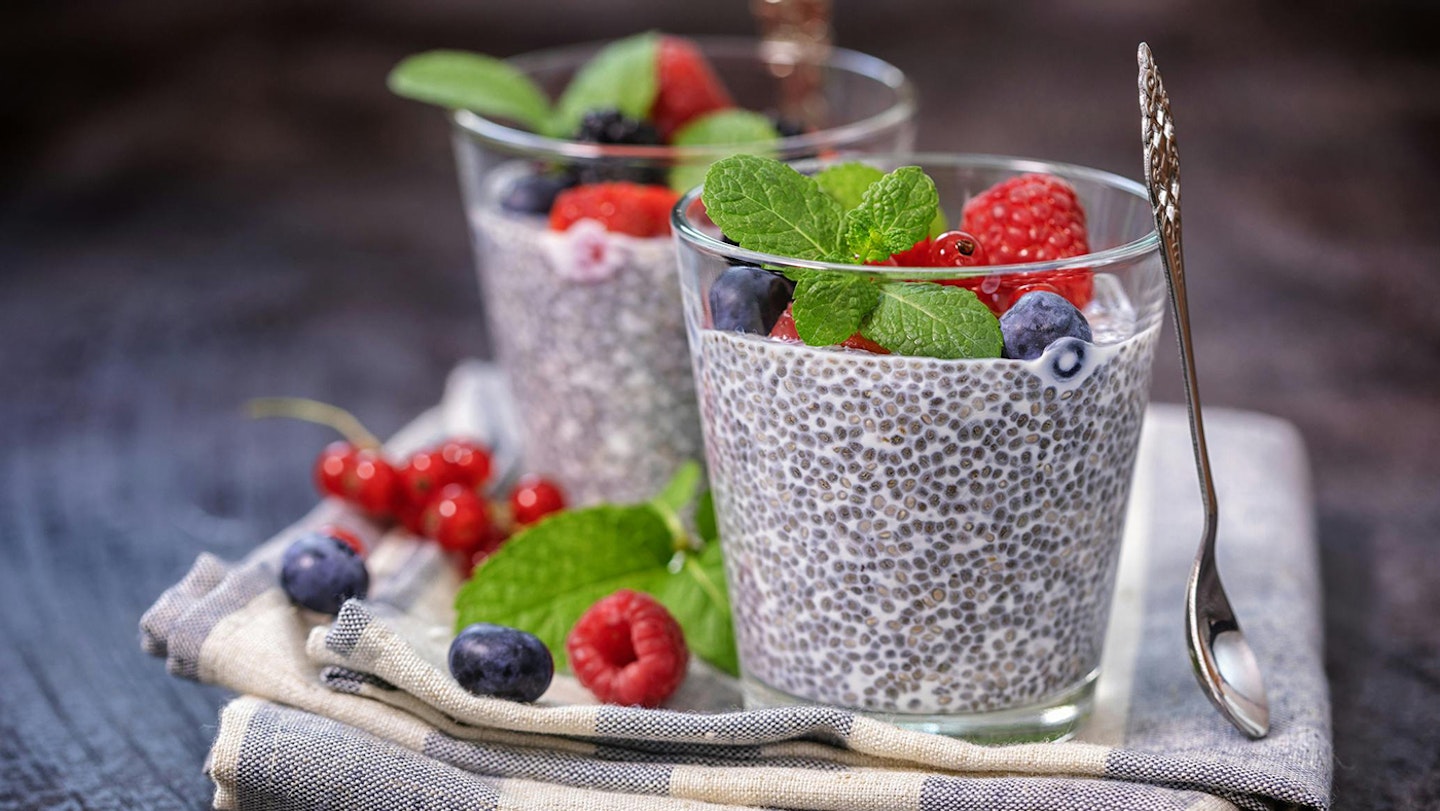
Porridge with flaxseed, hempseed and berries, filling, high in fibre but also a decent amount of protein from the hempseeds - will help to keep blood sugar balanced which should improve morning sickness
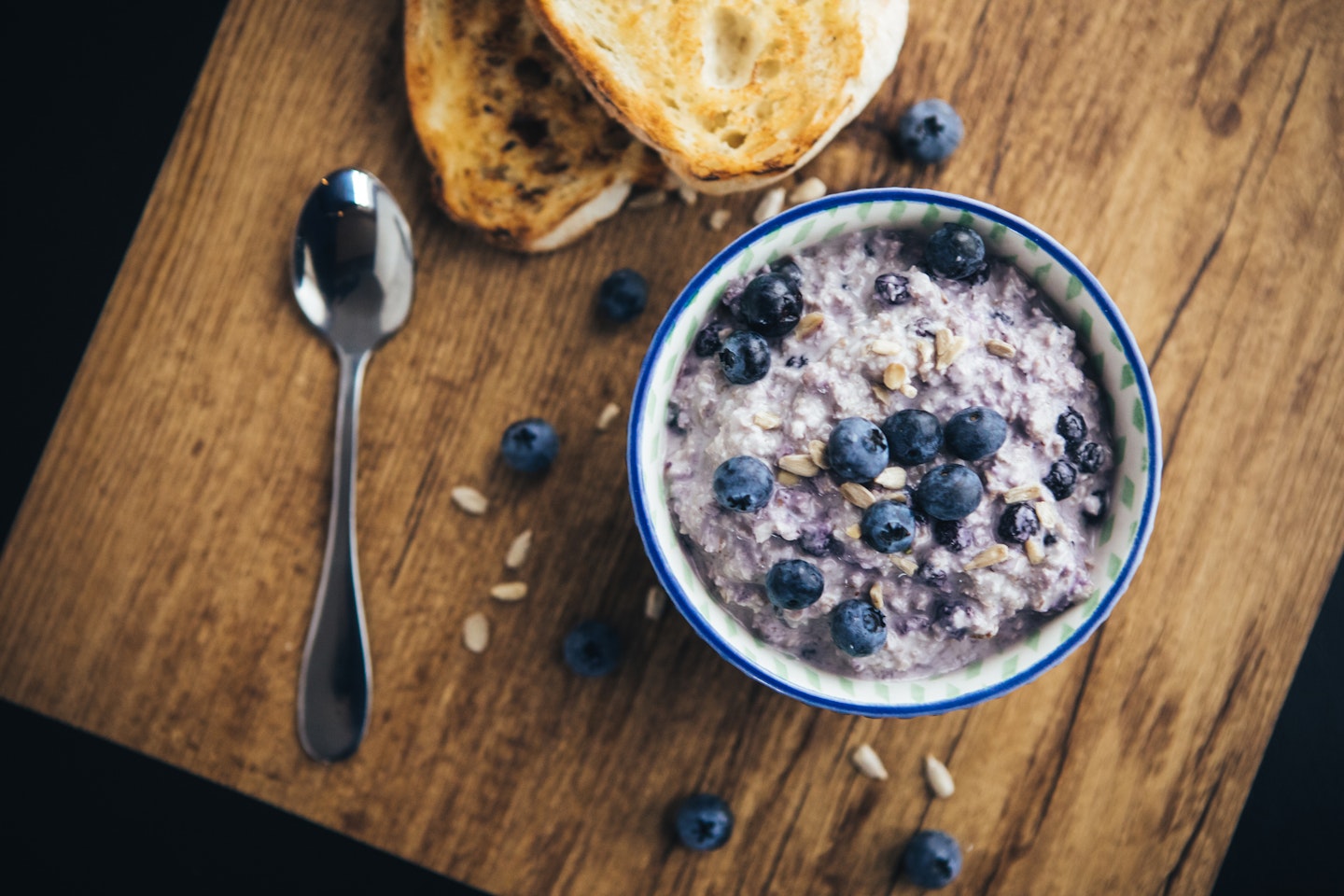
Smoothie with a base of coconut water is another as dehydration can make morning sickness worse, so using coconut water as a base for a morning smoothie can help to replenish electrolytes - a mixture of fruit, veg and seeds in a smoothie helps to maintain blood sugar balance.

Homemade granola, a mix of oats, seeds, nuts, cinnamon - blood sugar balanced and filling, easy to just eat a little with dairy or non dairy milk/yoghurt in the morning. High in complex carbs and fat, rich in progesterone supporting nutrients which is very useful in first trimester to support pregnancy.
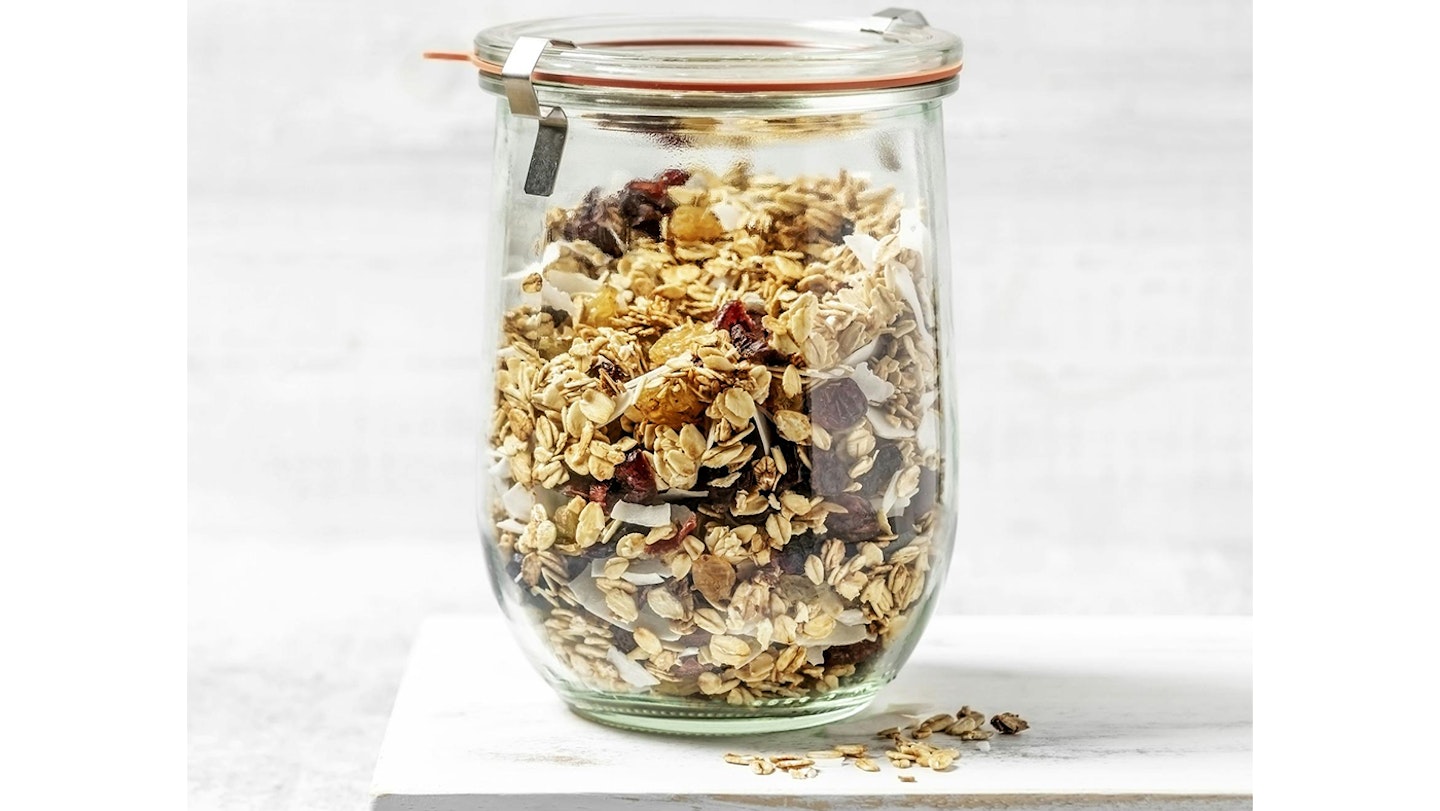
Melon with coconut yoghurt - lots of people swear by juicy fruits in the first trimester - yellow or orange melons contain less sugar than pineapple for example but are still refreshing. Pairing with coconut yoghurt provides a fat source to help keep blood sugar balanced (blood sugar spikes and drops can make nausea worse) or similarly pairing with greek yoghurt provides protein and beneficial good bacteria for the gut.
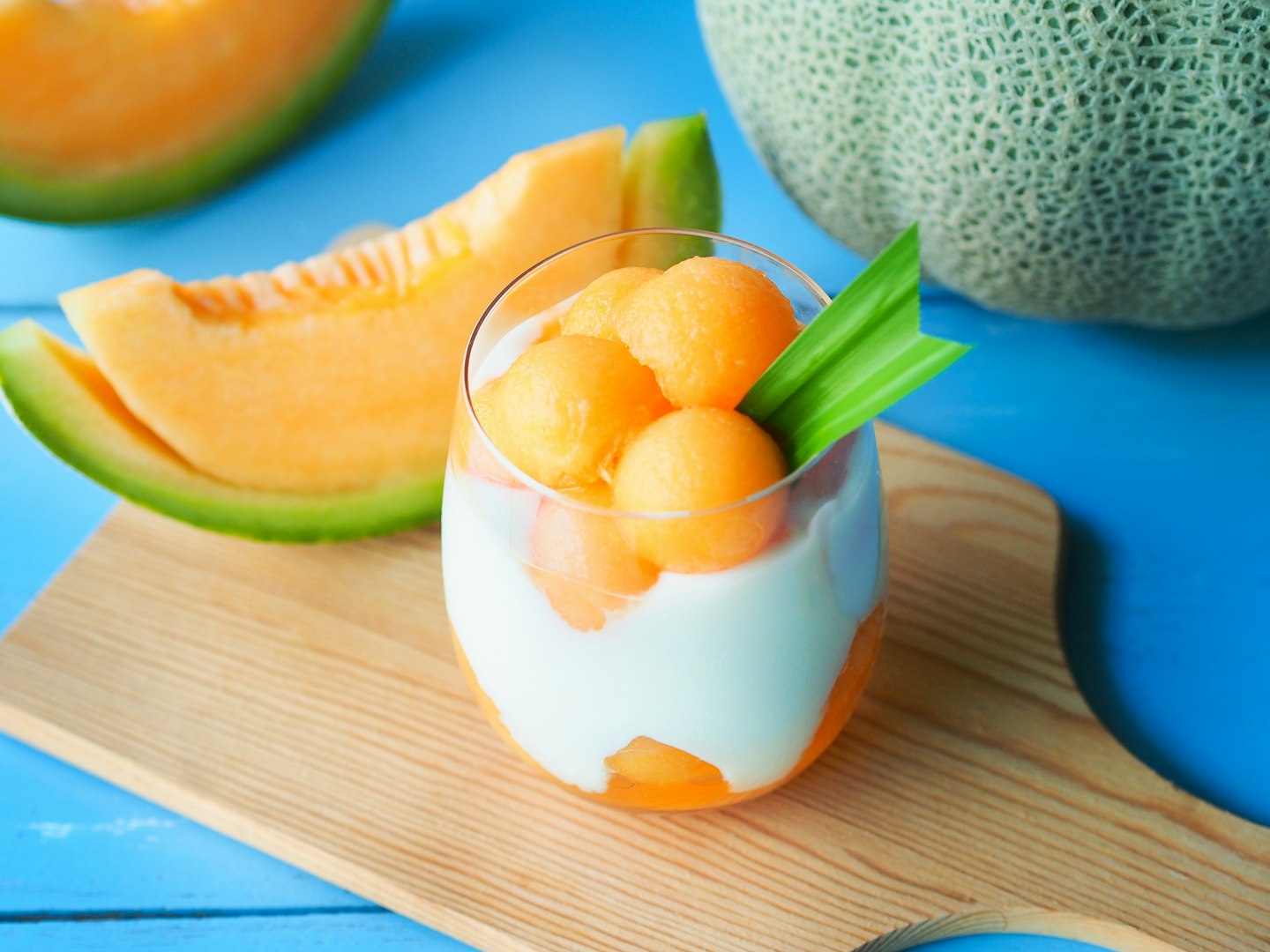
Oat or rye crackers with cheese and cucumber - for those days when only dry foods can be stomached - cheese provides protein and cucumber provides fibre which helps keep blood sugar balanced - cucumber is hydrating, useful if have been vomiting.

Toast - try to top toast with a protein or fat source and ideally a little fibre - nut butter/avocado/cheese - will help to support blood sugar better than toast alone which will reduce nausea

Yoghurt with seeds - any yoghurt with flax/chia/pumpkin/sunflower seeds - rich in anti-inflammatory omega 3, progesterone supporting, fibre rich to help ward off first trimester constipation, blood sugar balancing
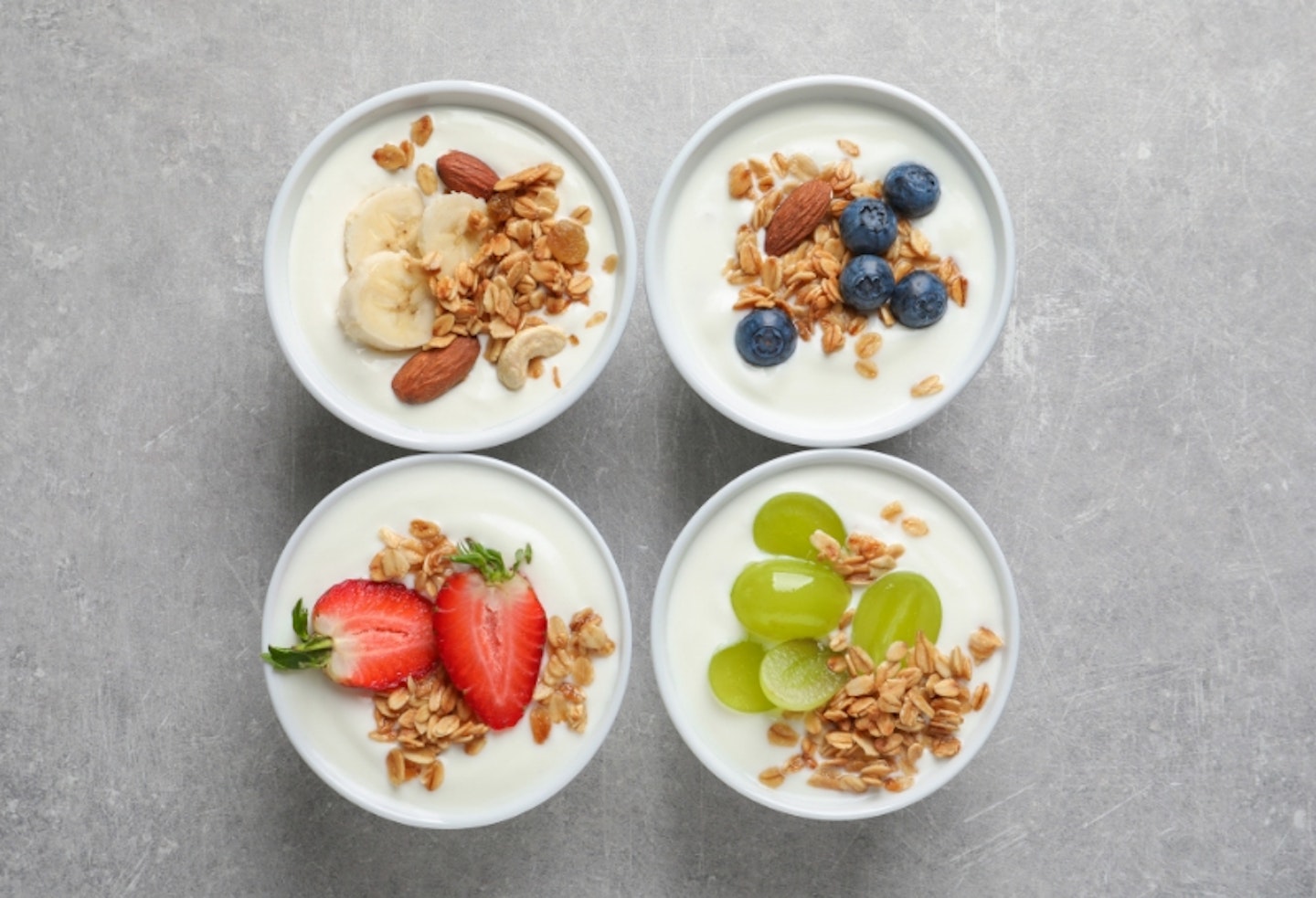
Banana with nut butter - banana spread with almond butter - combination of carbohydrate and fat for blood sugar balance and more constant energy. Blood sugar imbalances can worsen nausea and first trimester headaches. Better to eat something like this than nothing at all.
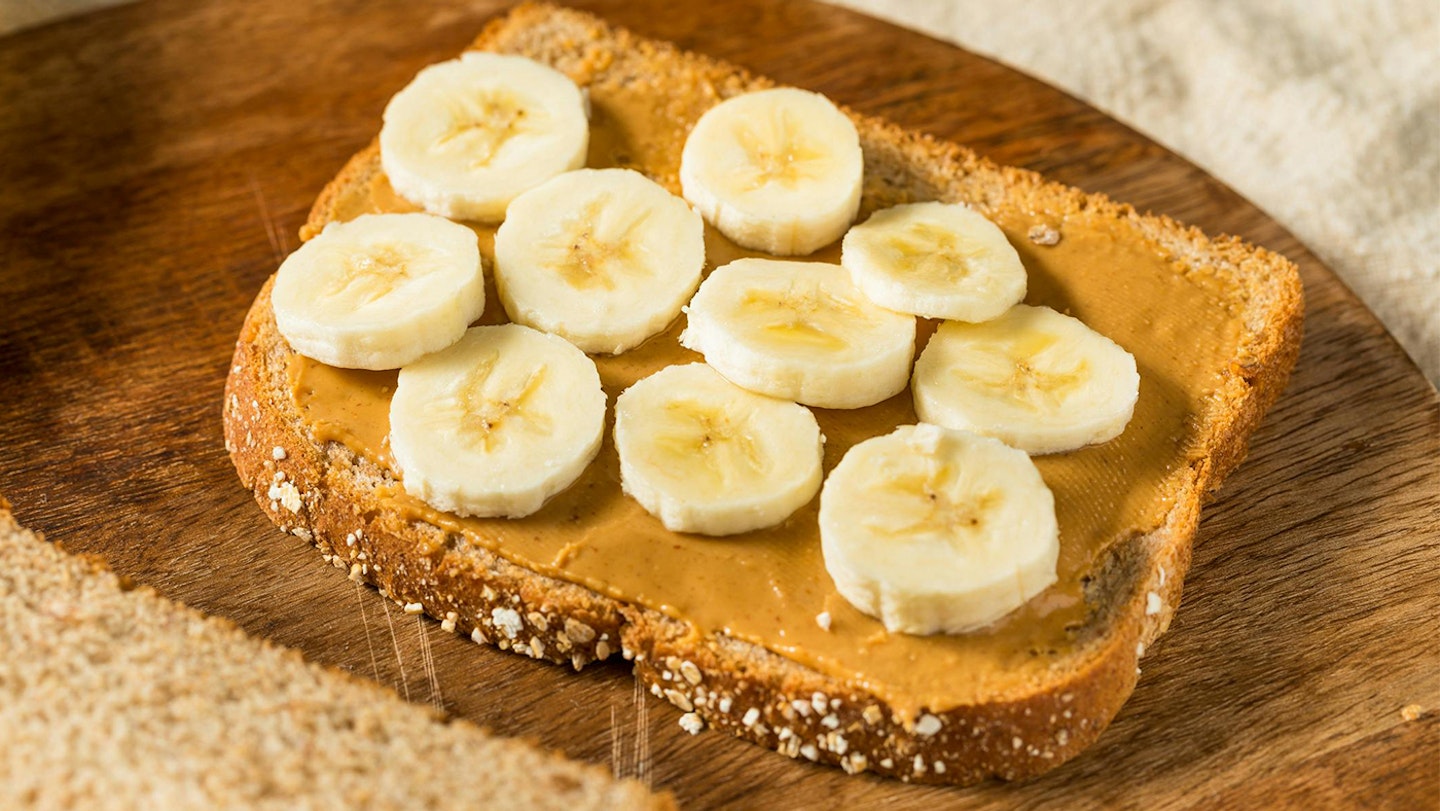
Meet the expert
Lauren Johnson Reynolds aka London Wellness Coach is a fully qualified, registered Nutritional Therapist, Homeopath, PCOS expert and Women’s Health Speaker. Lauren Johnson Reynolds was just 14 when she was told she could never have children, after being diagnosed with polycystic ovary syndrome (PCOS). PCOS is one of the most common hormonal disorders among women, affecting about one in ten, and can make it difficult to become pregnant. Lauren began learning about how nutrition affected her PCOS symptoms, which inspired her to retrain as nutritional therapist and dedicate her life to supporting others through diet and lifestyle. She is now a mother of a little girl who she gave birth to naturally on Xmas day 2021, and is currently pregnant with her second child, due later this summer, who she also conceived naturally. Having proved her method works, Lauren created The Complete PCOS Plan, to help other women struggling with the debilitating condition.
Stephanie Spencer is the Hub Editor at Mother&Baby and auntie to four aged 8 to 6 months old. With a particular interest in health, she loves discovering products that make parent’s lives easier.
